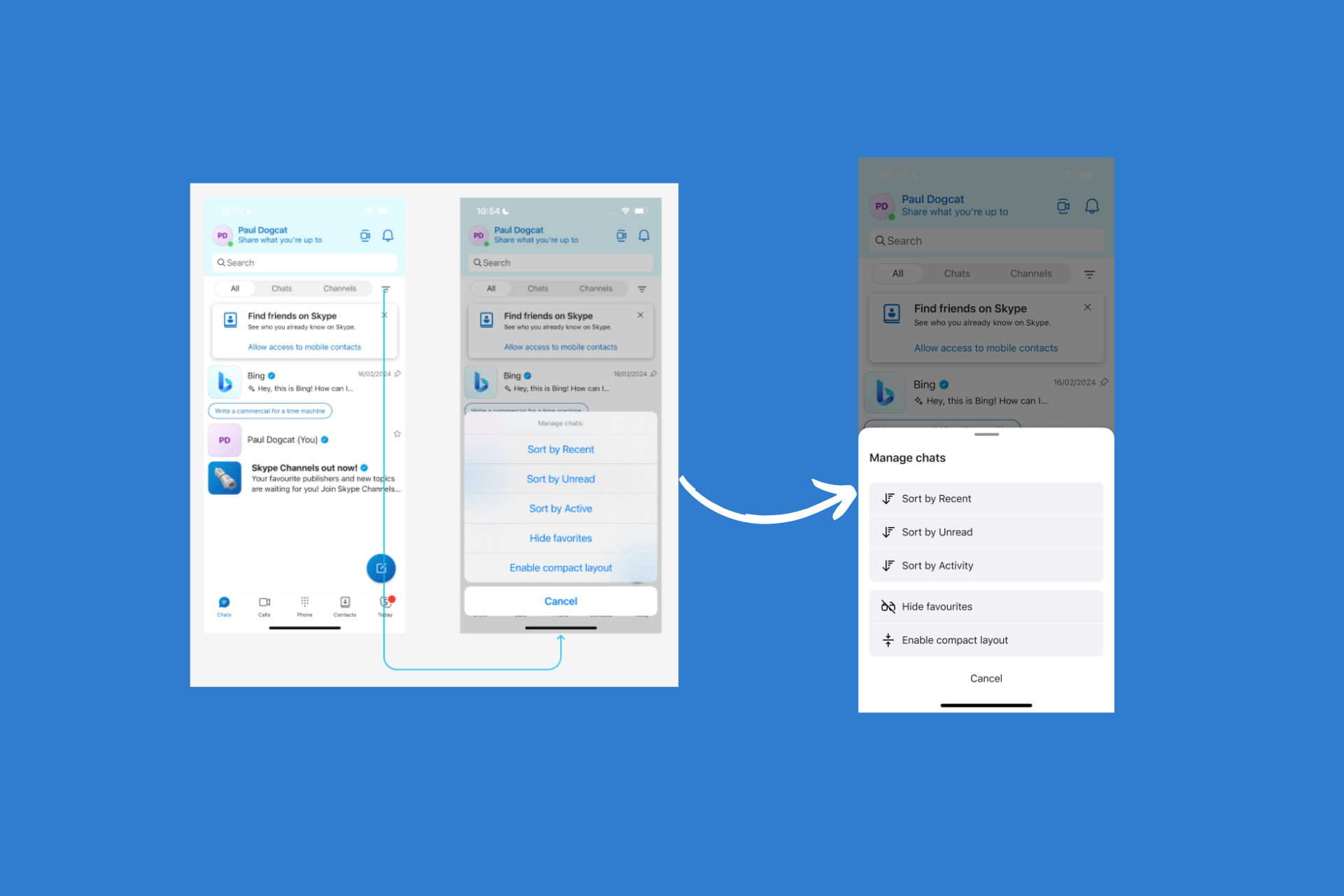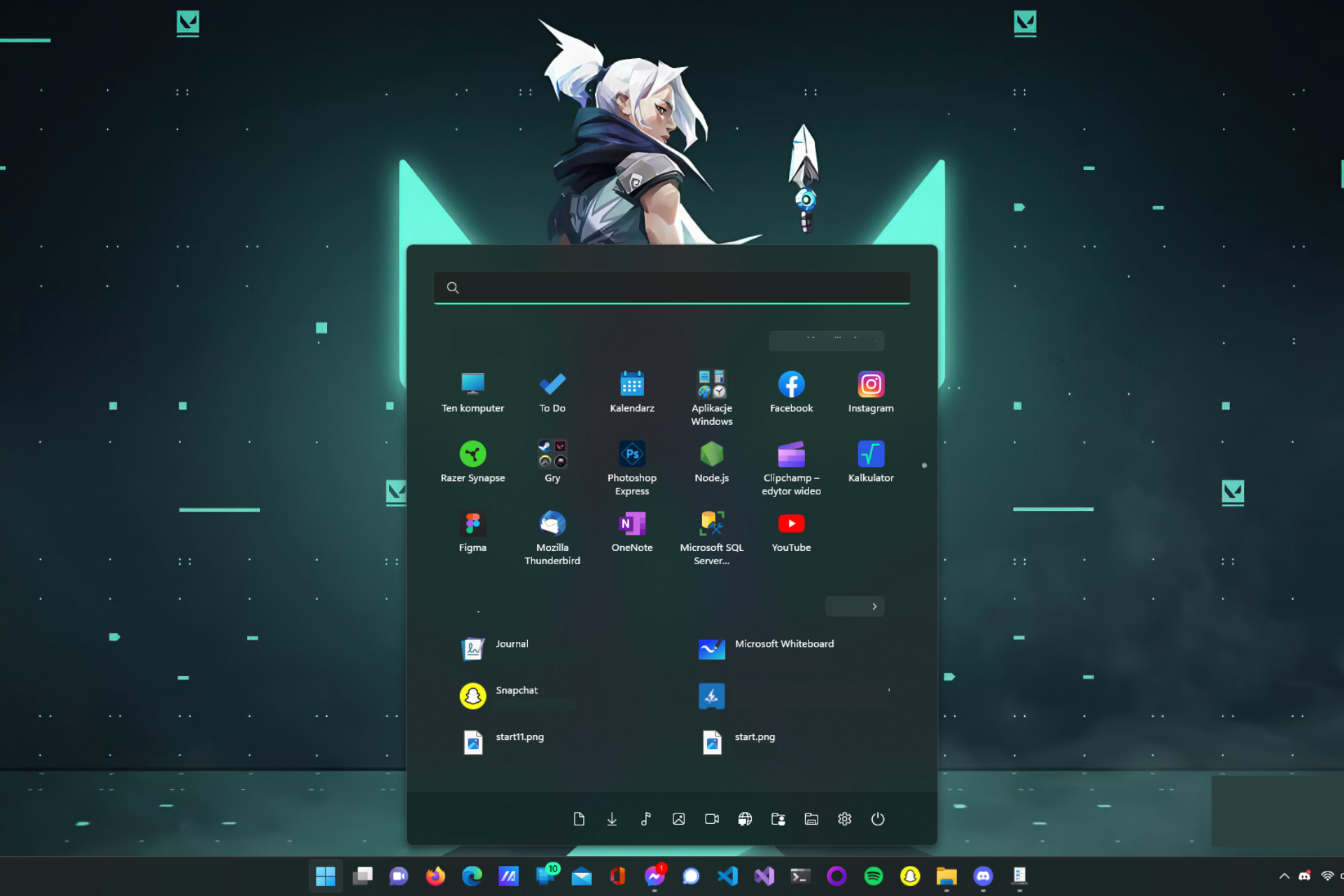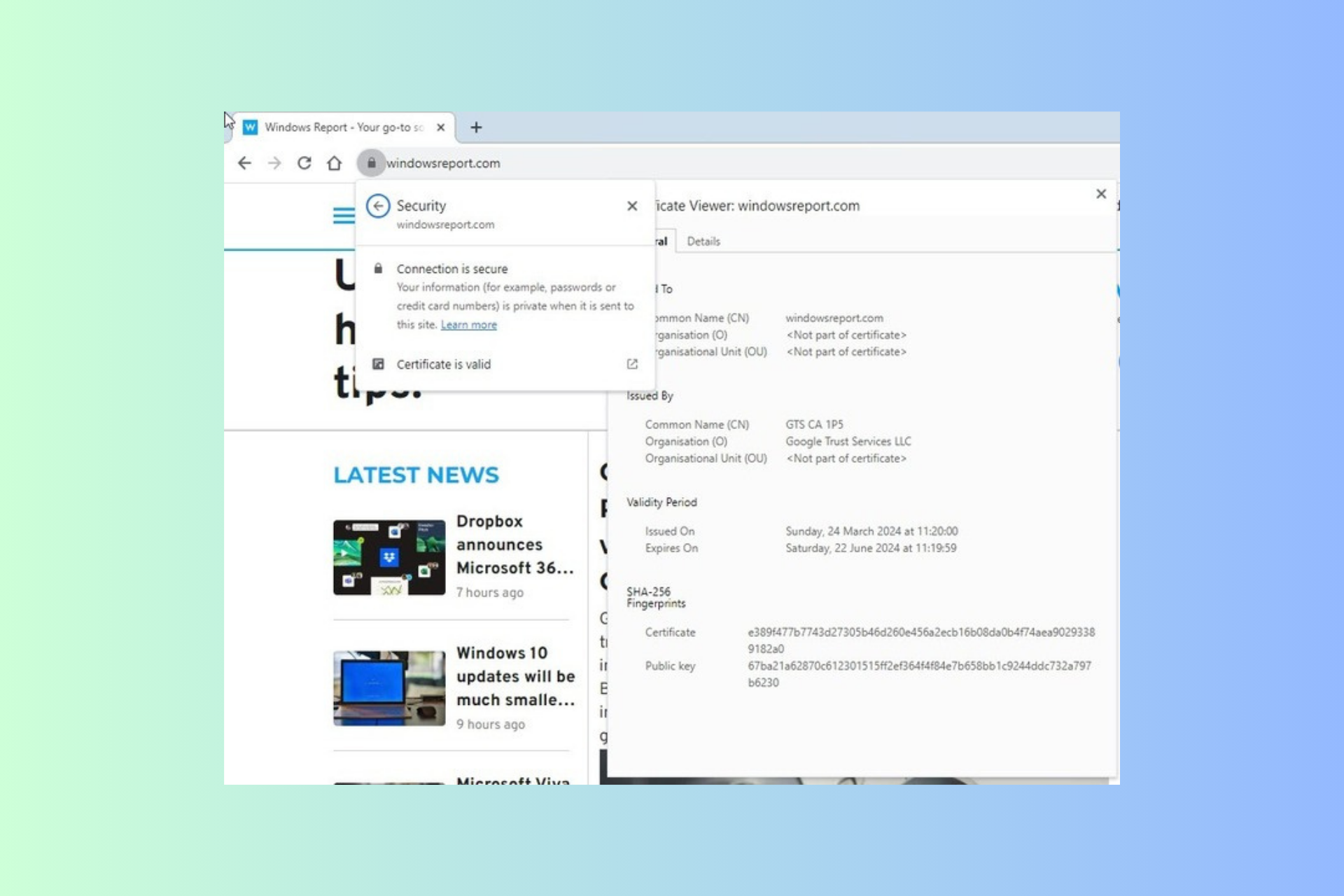Microsoft FastTrack wants to make it easier for businesses to move to Office 365
2 min. read
Published on
Read our disclosure page to find out how can you help Windows Report sustain the editorial team Read more

We recently reported on Microsoft’s quarterly numbers for its fiscal year 2016, as well as a notable increase in the company’s cloud email solutions across larger businesses. However, there was an intersection of customers that Microsoft and Google productivity solutions are fiercely competing for, and that is the adoption by small to midsize businesses.
To address the growing number of small to midsize businesses (SMBs) looking for productivity solutions, Microsoft is now offering new services directed at helping customers with 50 to 149 seats in their company adopt Office 365. The service known as Microsoft FastTrack and was previously available for customers with over 150 seats in their company and is now being re-tooled to welcome businesses with fewer.
The Microsoft FastTrack service essentially provides resources such as dedicated engineers to assist companies and their Microsoft partners they work with, through the adoption, implementation and migration of Office 365. Beyond making the Microsoft FastTrack service more inclusive, the company is also “expanding its FY16 Adoption Offer to include Office 365 small business plans,” as well as adding payouts for customer deployments of 50 to 149 seats, bumping the company’s allotment numbers up a category.
Anecdotally, Microsoft partner and principal of Kamind IT Matt Katzer, explains the shift that he sees companies go through when adopting Google for Work and eventually transitioning over to Microsoft Office 365.
Companies tend to reach a breaking point with Google Apps around the 50-employee mark because it doesn’t provide the centralized management and security capabilities, nor the breadth of integrated collaboration tools, that Office 365 does.”
Further backing up Katzer’s observations is Ted Vu, a co-founder of beverage retailer Tastea, whose own experience mirrored a growing group of SMB’s. Vu began with Google Docs and other free software solutions but ultimately saw that his company wasn’t equipped for a growth scale while continue to use those products.
“We always knew we wanted to grow this business. We needed a trustworthy, scalable solution, and Office 365 is it.”
It seems that Microsoft isn’t so much losing ground to Google in SMB sector as much as it hasn’t been offering a viable enough solution to address Google’s inability to support growing companies. We’ll be keeping our eyes on how both Google and Microsoft mend and mold to the highly contested SMB market segment over the coming months and years.








